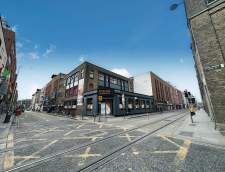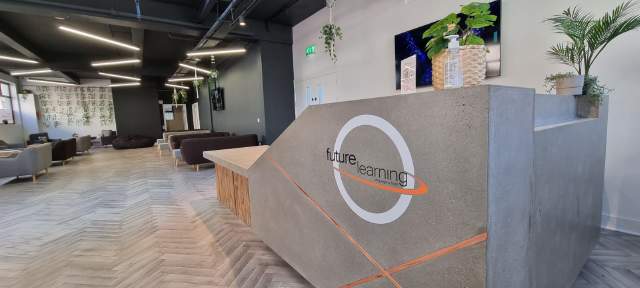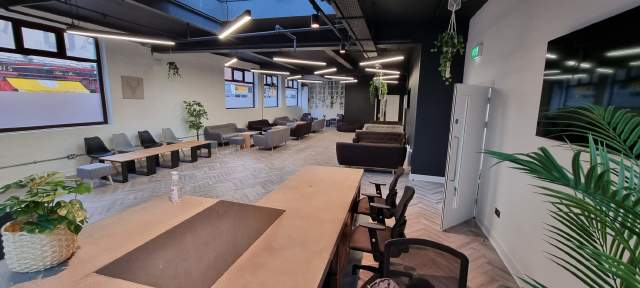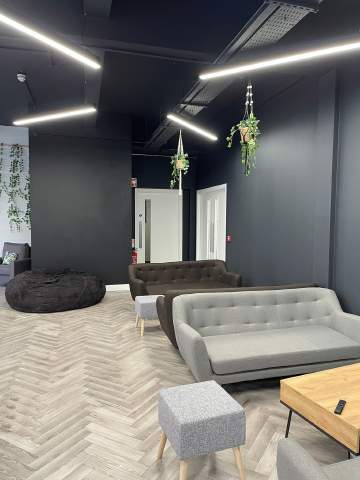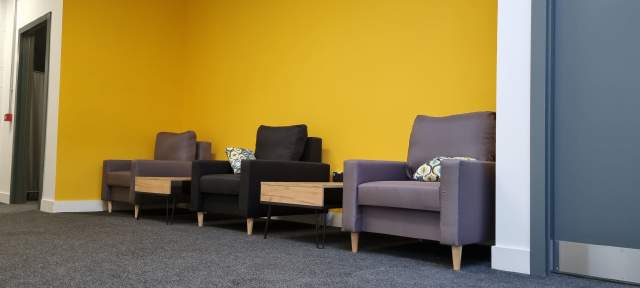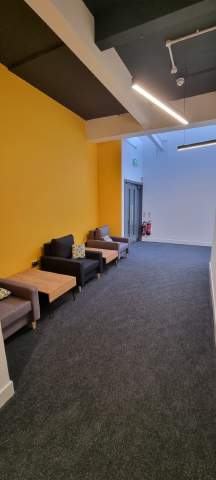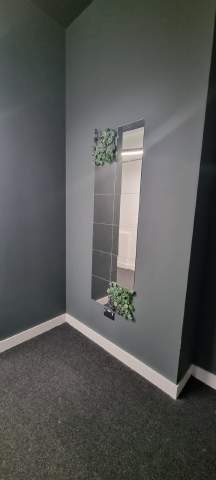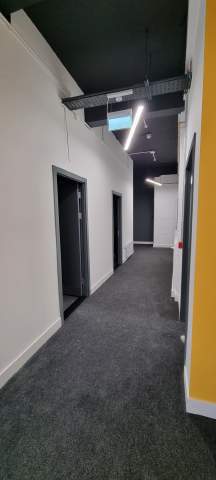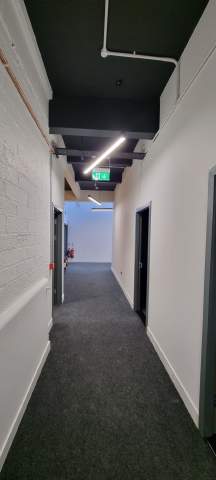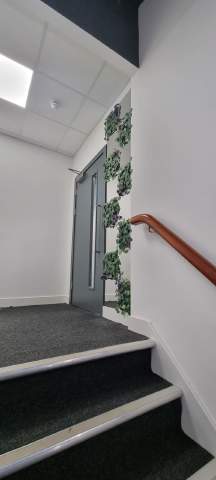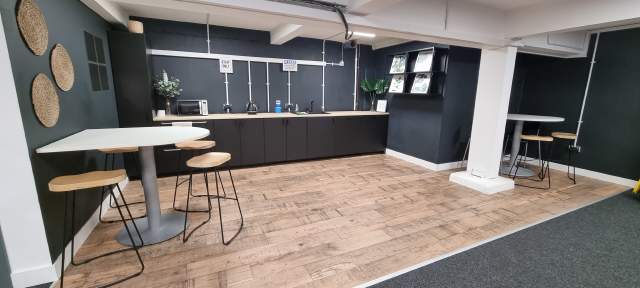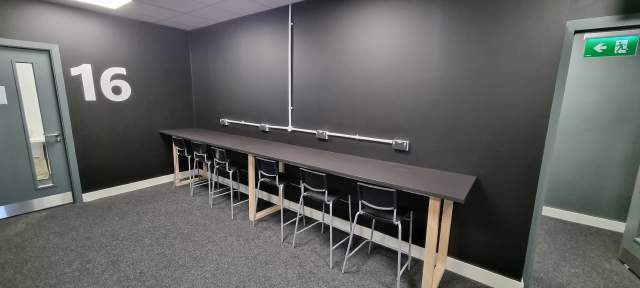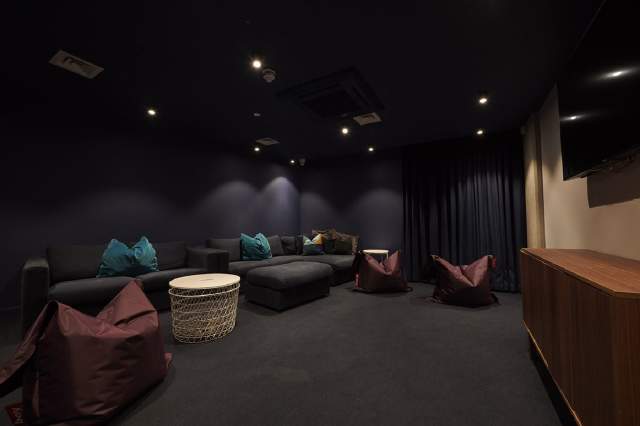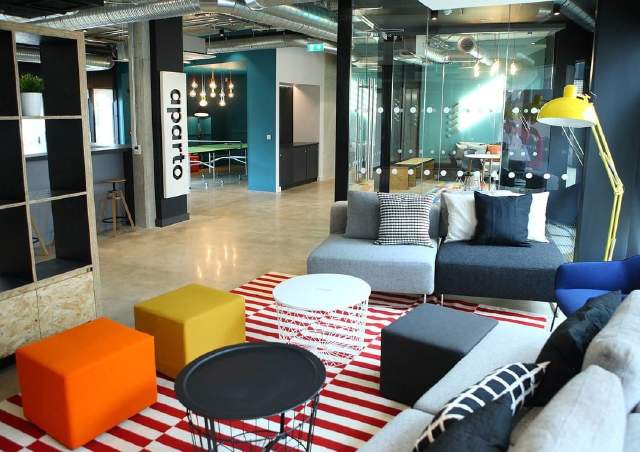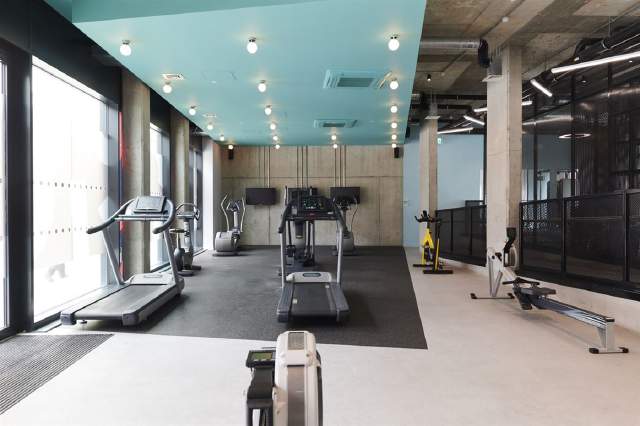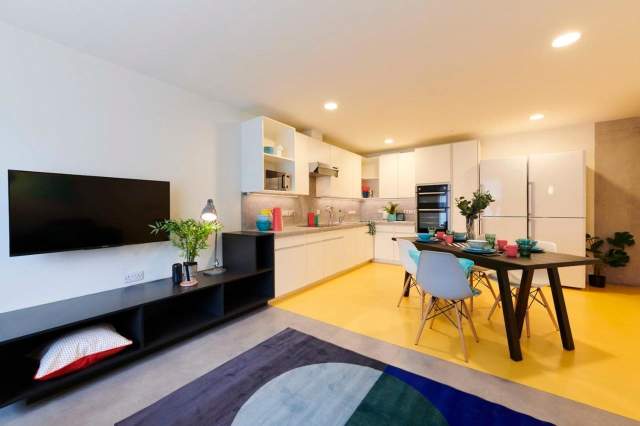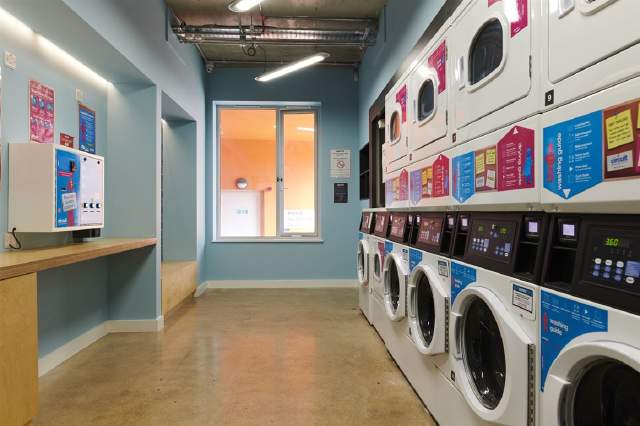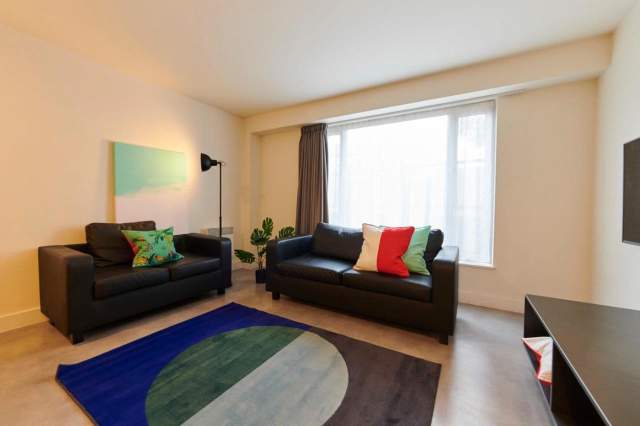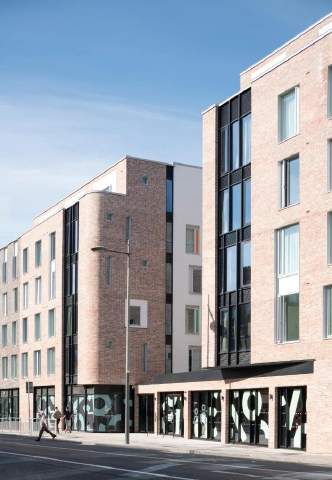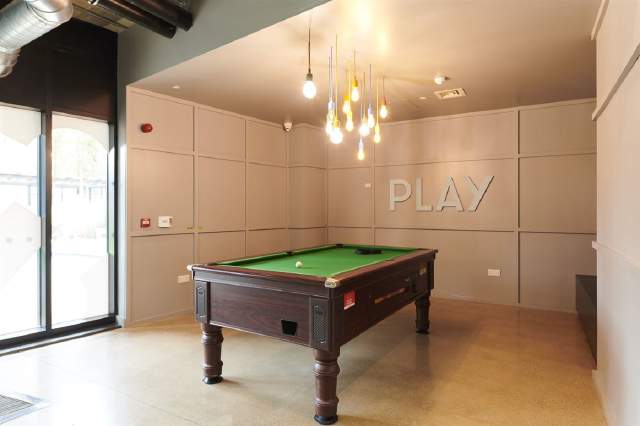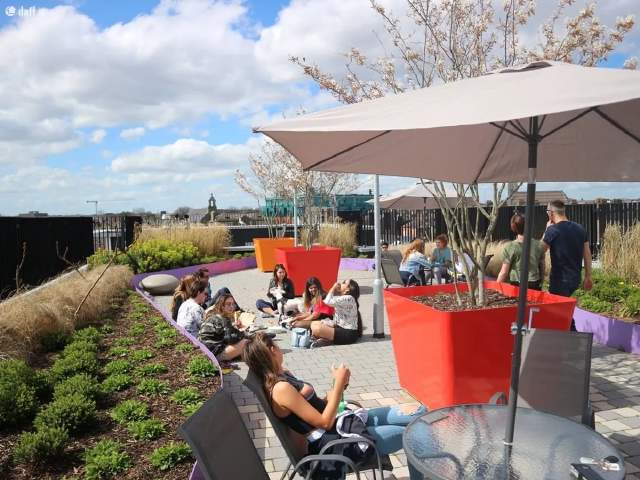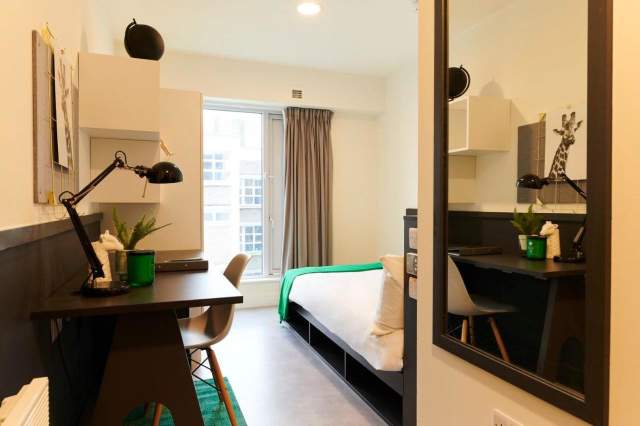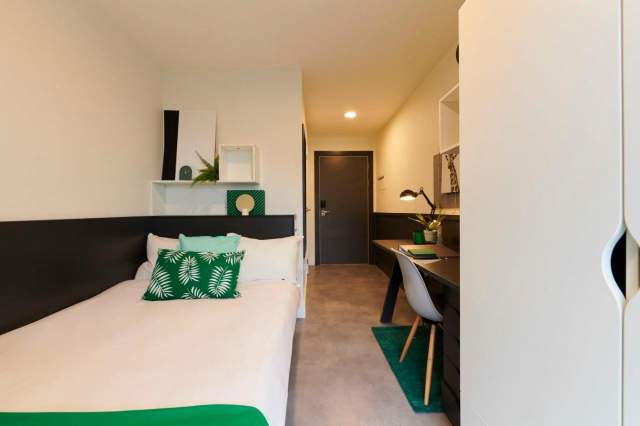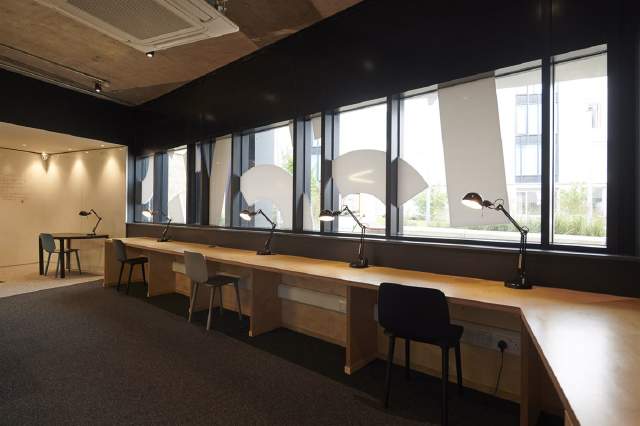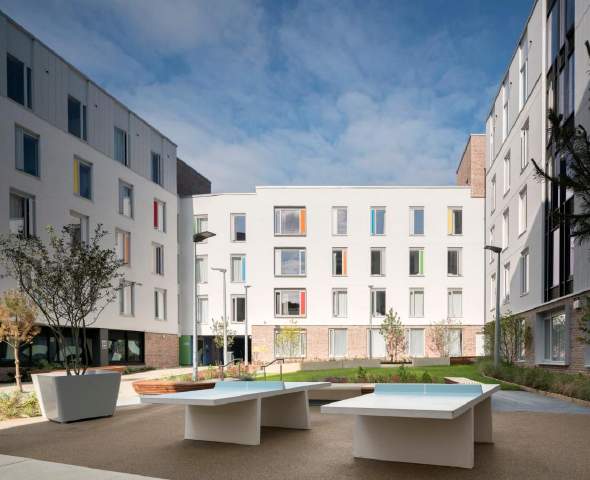€ EUR
-
Monnaies principales
- $ USD Dollar américain
- £ GBP Livre sterling
- € EUR Euro
- $ CAD Dollar canadien
- $ AUD Dollar australien
-
Toutes les monnaies
- AED درهم Dirham des EAU
- Kz AOA Kwanza angolais
- $ ARS Peso argentin
- $ AUD Dollar australien
- лева BGN Lev bulgare
- R$ BRL Réal brésilien
- $ CAD Dollar canadien
- Fr. CHF Franc suisse
- $ CLP Peso chilien
- ¥ CNY Yuan chinois
- $ COP Peso colombien
- Kč CZK Couronne tchèque
- kr DKK Couronne danoise
- € EUR Euro
- £ GBP Livre sterling
- $ HKD Dollar de Hong Kong
- Ft HUF Forint hongrois
- Rp IDR Roupie indonésienne
- ILS ש״ח Shekel israélien
- ¥ JPY Yen japonais
- ₩ KRW Won sud-coréen
- LYD دينار Dinar libyen
- $ MXN Peso mexicain
- $ NZD Dollar néo-zélandais
- zł PLN Zloty polonais
- RUB Rouble russe
- ﷼ SAR Riyal saoudien
- kr SEK Couronne suédoise
- $ SGD Dollar de Singapour
- ฿ THB Baht thailandais
- ₺ TRY Livre turque
- 元 TWD Nouveau dollar de Taïwan
- ₴ UAH Hryvnia ukrainien
- $ USD Dollar américain
- ₫ VND Dong vietnamien
Belgique
-
Amériques
-
Europe
-
Asie-Pacifique
-
Afrique & Moyen-Orient


